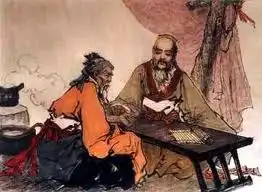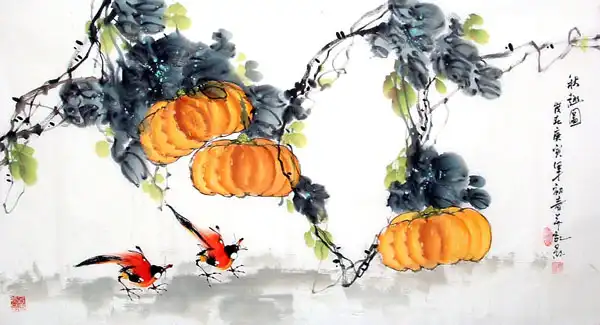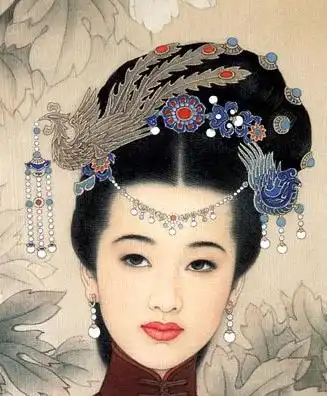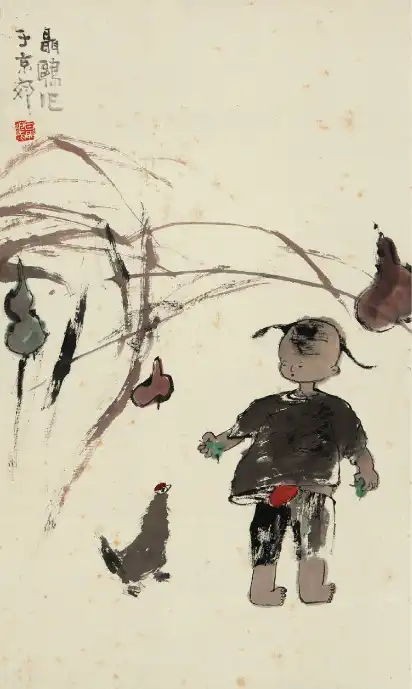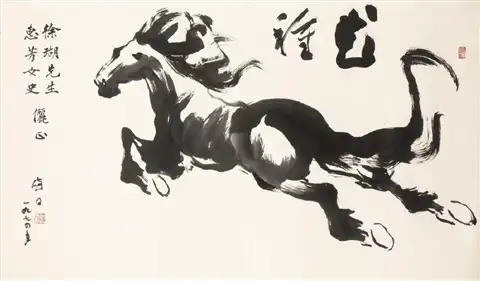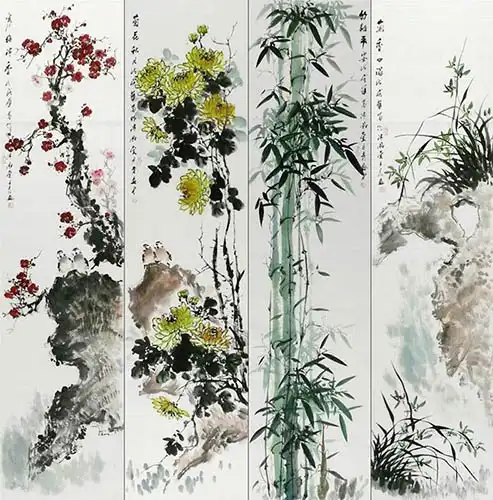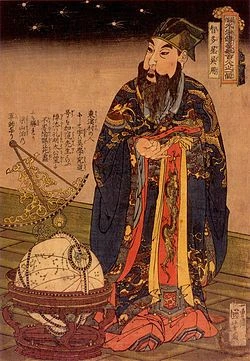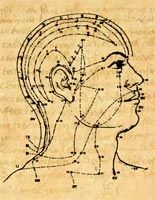Introduction to the disharmony
Major symptoms:
- dry skin, dry lips, dry throat
- dark and scanty urine
- constipation
- night sweats
- hot palms and soles
- Lung Yin deficiency symptoms - chronic dry cough, hoarse voice
- Stomach Yin deficiency symptoms – dry mouth, lack of appetite, epigastric pain, dry stools
- Liver Yin deficiency symptoms – dry eyes, irritability, nervousness, lack of patience
- Kidney Yin deficiency symptoms – back pain, dizziness, vertigo, poor memory
- Heart Yin deficiency symptoms – heart palpitations, mental restlessness, insomnia, dream disturbed sleep
Herbs that tonify Yin are used in instances of Yin deficiency. To understand what Yin deficiency is we need to quickly review how the concept of Yin and Yang is implemented in traditional Chinese medicine.
Since Yang in nature represents activity, light, warmth it logically represents energy/warming faculty in the human body. Since Yin in nature represents rest, quiet, slowness it translates into the material aspect of the human body. In other words Yin represents matter, blood, body fluids, while Yang is the force that makes them come to live.

When Yin becomes deficient there is a deficiency of body fluids and/or blood (blood is part of Yin). So the major symptom of Yin deficiency is dryness – dry skin, dry lips, dry throat. The urine is dark and scanty (dehydration) and there is constipation (not enough fluids to nourish the bowels). Since Yin is deficient Yang automatically becomes excessive (Yin and Yang work like scales). The excessive heat of the warming principle – Yang - will manifest in night sweats (the night is part of Yin, when Yin is injured symptoms will manifest at night time and the afternoon). Another heat sign that manifests with Yin deficiency is hot palms and soles.
Most common organs that manifest with Yin deficiency are the Lung, the Stomach, the Liver, the Kidneys, and the Heart.
The Lung governs the respiratory system thus a Yin deficient Lung will manifest in chronic dry cough and hoarse voice.
The Stomach participates in the digestion. When the Yin of the Stomach is deficient symptoms will include dry mouth and throat (the Spleen/Stomach partnership opens into the mouth), dry stools, lack of appetite, epigastric pain.
The Liver opens into the eyes. Thus Liver Yin deficiency manifests in dry eyes. The negative emotion that is experienced with a disbalanced Liver is anger. In Chinese medicine anger incorporates a range of emotions such as irritability, nervousness, lack of patience, which all manifest with Liver Yin deficiency.
The Kidney governs the urinary system. Kidney Yin deficiency manifests in scanty urination. There is back pain (the location of the Kidney). The Essence (which resides in the Kidney) is also part of Yin thus Yin deficiency means some level of Essence deficiency. When the Essence is deficient it fails to nourish the brain and symptoms include dizziness, vertigo, and poor memory.
The Heart houses the mind. Besides heart palpitations (the major symptom of disbalanced Heart) Heart Yin deficiency manifests with mental restlessness, insomnia and dream disturbed sleep (the Heart is deficient thus the mind has no residence and wanders homeless at night)
Herbs that tonify Yin are cold, moist and enriching.
Major Chinese Herbs
Just like in the tonify Yang category the tonify Yin class of herbs has a group of herbs that enter both the Kidney and Liver channel, and benefit symptoms connected with deficiency patterns in these two organs. As the Kidney governs the bones and the Liver governs the sinews some of these herbs benefit joint problems, as well as numbness, weakness and atrophy of the sinews and bones. Sang Ji Sheng (Taxillus chinensis) – mulberry mistletoe stem – is one such herb. It also nourishes blood and benefits the skin. Han Lian Cao (Eclipta prostrata) is another herb that enters these channels but benefits symptoms such as dizziness, blurred vision, and premature graying of the hair, which is a different manifestation of Kidney – Liver Yin deficiency pattern (the Liver opens into the eyes, the Kidney manifests in the hair). Nu Zhen Zi (Ligustrum lucidum) has similar functions but maybe the most famous herb that benefits the eyes and the hair is black sesame seeds – Hei Zhi Ma (Sesamum indicum).
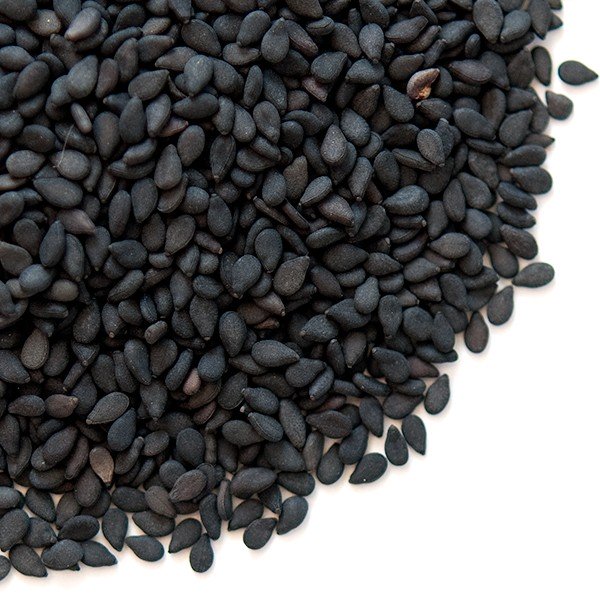
A source indicates that if black sesame seeds are boiled and made into bullet size pills one will get a shiny complexion if one takes one of these pills every day for a year. If one takes one pill every day for two years one’s gray hair will go back to its original color; three years – one’s lost teeth will grow back; four years – one will be completely free from disease; five years – one will run as fast as a horse and live a healthy long life (3) Referred to as one of the longevity herbs in China black sesame seeds are largely used in Chinese culinary, especially in the making of different delicious deserts.
Two animal sources that tonify the Yin are Gui Ban (Chinemys reevesii) and Bie Jia (Amyda sinesis) – turtle shell from fresh water turtle and soft shell turtle shell. The first also enters the Heart channel and benefits Heart Yin deficiency with symptoms such as anxiety, insomnia and forgetfulness (the Heart houses the mind).
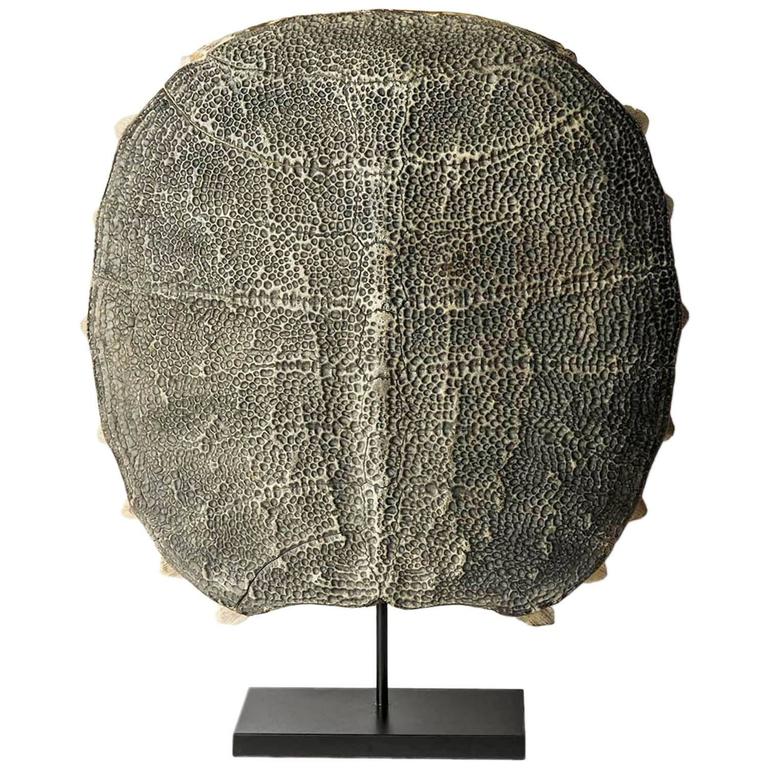
Two herbs often used together and with very similar names enter the Lung channel and have a moistening effect on the Lung, benefiting symptoms such as dry cough, dry mouth, and thick sputum that is difficult to expectorate (the heat and fluid deficiency has thickened the sputum). The names of these herbs are Tian Men Dong (Asparagus cochinchinensis) and Mai Men Dong (Ophiopogon japonicas) and respectively translate as “lush winter aerial plant” and “lush winter wheat”. The former, which is asparagus root, is largely used for diabetes, referred to as xiao ke in Chinese medicine and often translated as "inner wasting" or "wasting thirst disease”. The latter enters the Heart channel and is especially effective for irritability.
Two other herbs that tonify Yin and enter the Lungs are both roots - “sand root” and “western seas root” – Sha shen (Adenophora tetraphylla) and Xi Yang Shen (Panax quinquefolium). They benefit dry cough with blood in the sputum, hoarse voice due to dryness, and wheezing. Sha Shen also enters the Stomach and benefits Stomach Yin deficiency symptoms such as dry mouth and throat, and constipation. Other herbs that moisten the Stomach are the mentioned above Mai Men Dong, as well as Shi Hu (Dendrobium nobile) and Yu Zhu (Polygonatum odoratum) – Solomon’s seal rhizome – with the latter two also being beneficial for diabetes.
Healing foods
Foods that tonify the Yin have moistening and cooling nature.
To unlock the rest of this article select "Yes, I want to learn!" below.
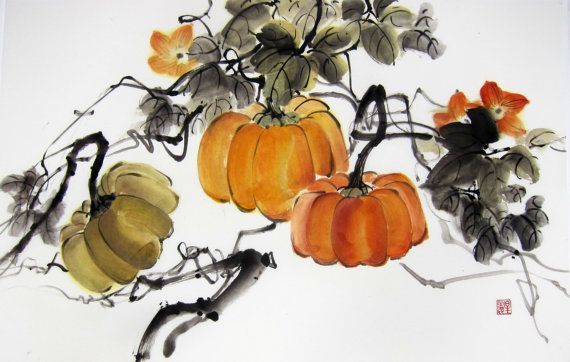
Food therapy is the most economical and non-toxic biochemical approach to health and disease. Food is something we continuously use to sustain our lives. Learning what foods are healing (and what disruptive) for each condition has the potential to convert every meal into a form of therapy.
YS
(1) Maciocia, Giovanni (1989). The Foundations of Chinese Medicine. Nanjing: Harcourt Publishers Limited
(2) Pitchford, Paul (2002). Healing with Whole Foods. Berkeley: North Atlantic Books
(3) Benski, Dan & Gamble, Andrew (1993). Materia Medica, Revised Edition. Seatle: Eastland Press, Incorporated
(4) Lu, Henry (2005). Chinese Natural Cures. New York: Black Dog & Leventhal Publishers, Inc.
(5) Holmes, Peter (1998). The Energetics of Western Herbs. Boulder: Snow Lotus Press, Inc.
Related Articles:
Yin and Yang in Chinese Medicine
Note: This site and its services are to consumer educational use only. Nothing contained in this site is or should be considered, or used as a substitute for medical advice, diagnosis or treatment. We advise users to always seek the advice of a physician or other qualified professional with any questions regarding personal health and medical condition. Please read our Disclaimer

